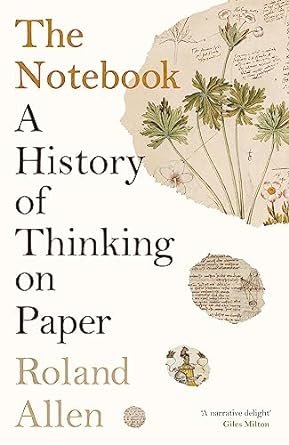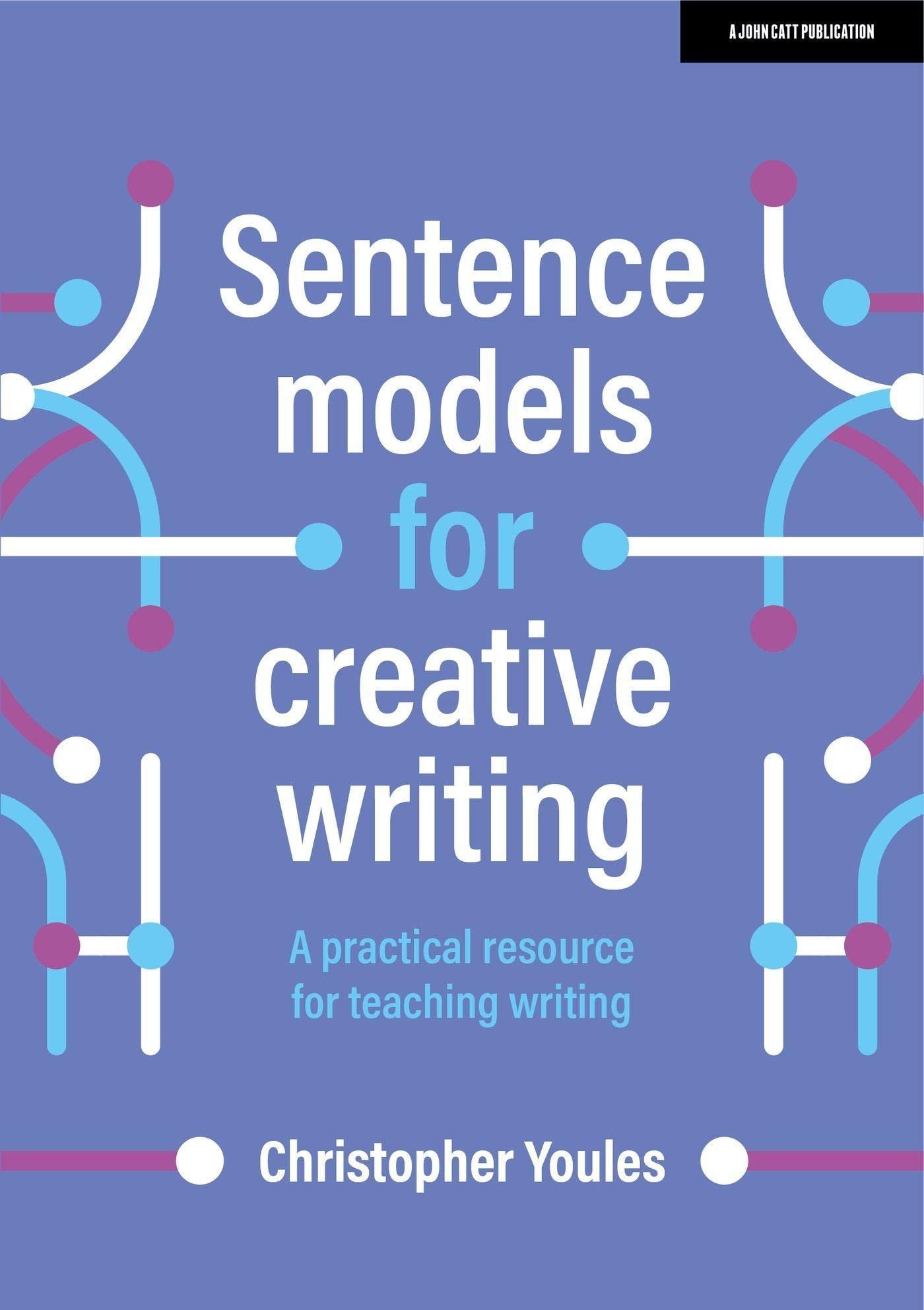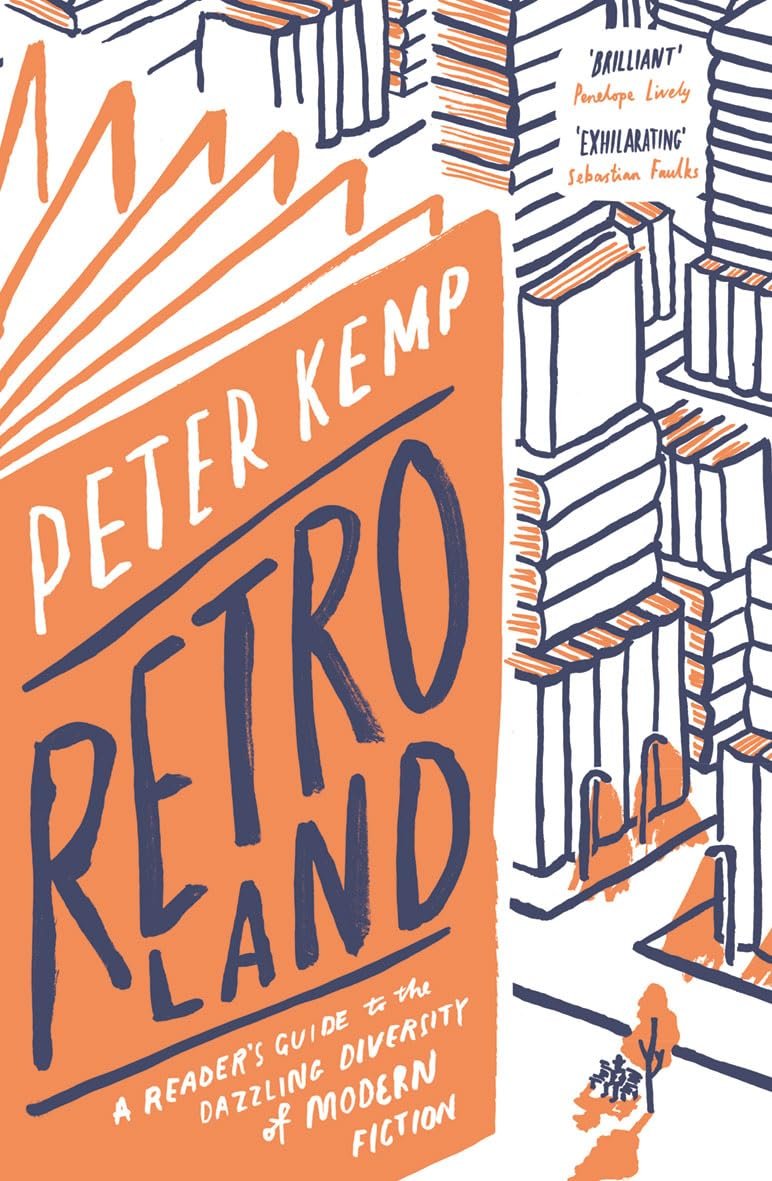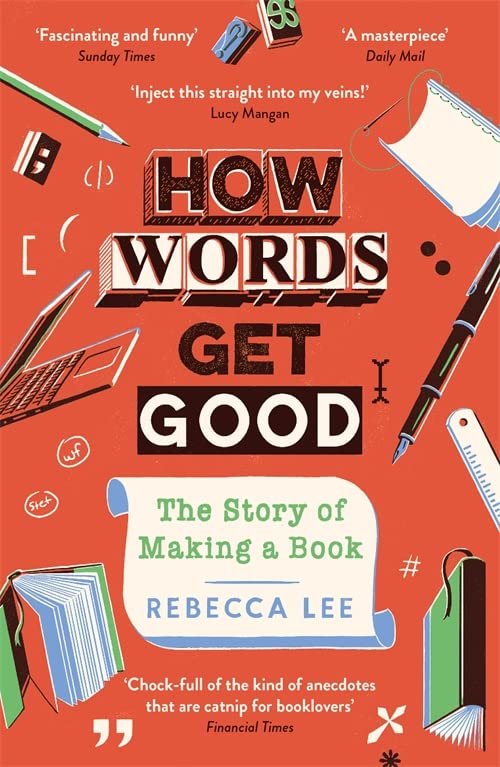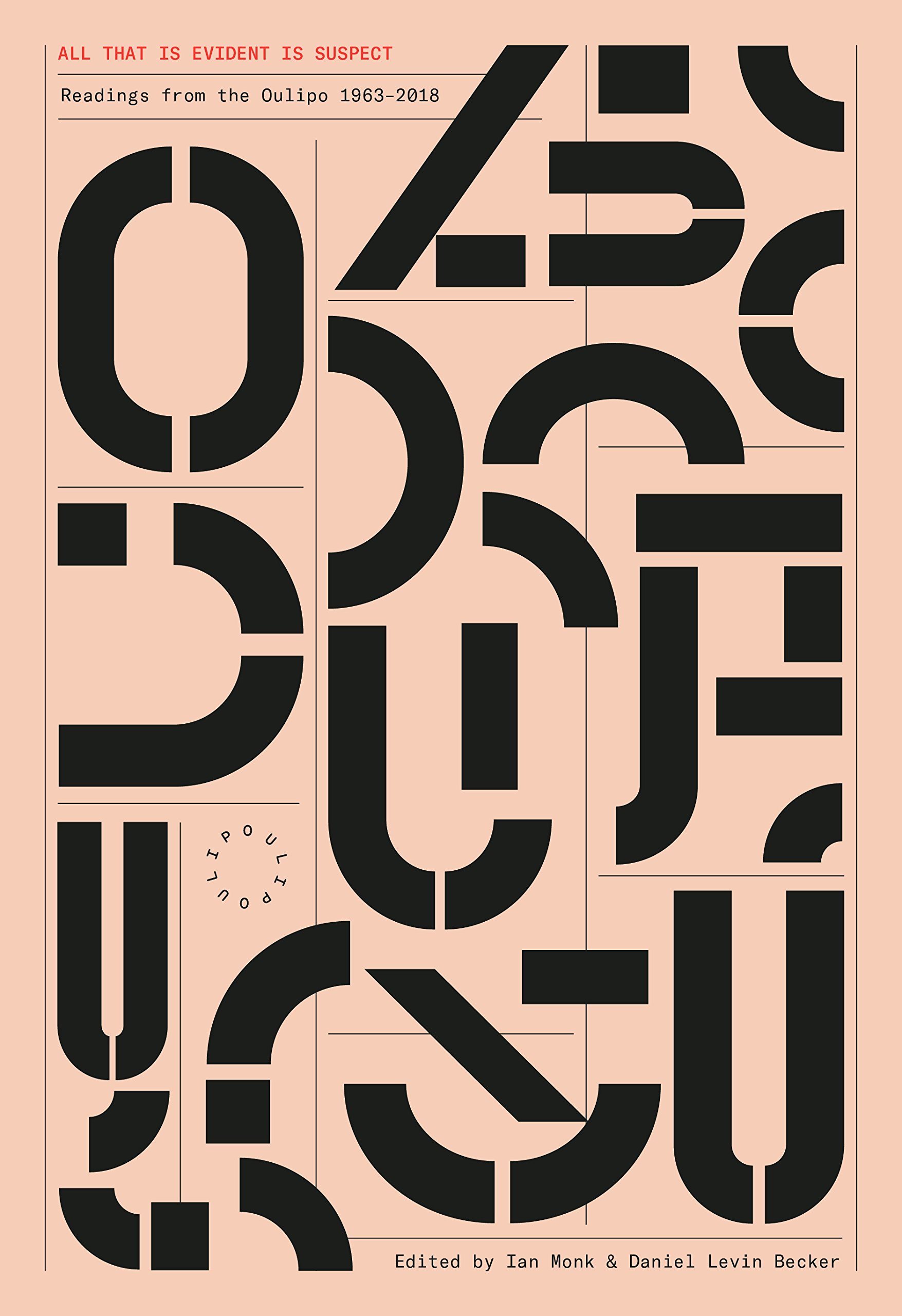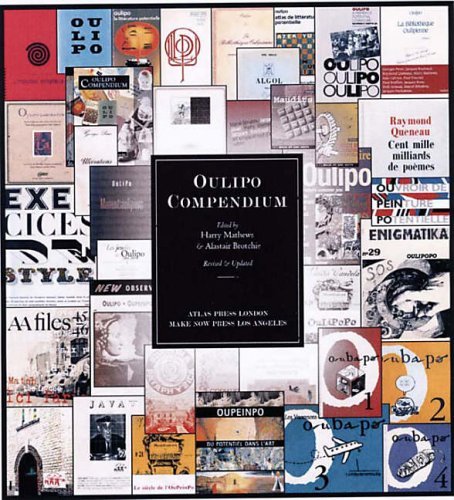I love the subtitle: A history of thinking on paper (my emphasis). I do think there’s much to be said for writing on paper, and there is no paucity of research showing the benefits of analogue over the digital approach.
Read MoreThe following article was written and published in May 1973. I thought you might find it interesting, as it looks at a few imaginative ways in which to make films — with a cine camera and actual film! Most of the techniques described can still be achieved with video.
Read MoreI recently received this book, and I’m enjoying it very much. It looks at the (usually hidden) existence of maths in literary works.
Read MoreThis is packed with useful information. I’m especially looking forward to reading the the sections called How to Show Instead of Tell, and Using the Techniques of Fiction to Enhance Nonfiction.
Read MoreThis comes out on 2nd November. It has a very readable style, and interestingly the footnotes are in a different font from, and bigger than, the main text.
Read MorePerhaps I’m judging by my own standards here, but I think a big mistake you could make with this book is to try to ‘get into it’. You can’t, because it hasn’t really been designed to be readable as such. It’s more of a source of reference material and ideas.
Read MoreSomeone challenged me to write a graphic novel of my short story A Bang on the Head, which forms the basis of my experiments in style, à la Queneau. Well, I’m useless at drawing the kind of comics I like to read, so I thought I’d enlist the help of AI. I used this prompt, mistakenly, with ChatGPT…
Read MoreThis book arrived recently, and I’m very much enjoying reading it. It’s a kind of guided tour or survey of the types of fiction that have appeared in the last fifty years (mainly).
Read MoreI recently reviewed How Words Get Good for Teach Secondary magazine. It’s a great read, and delves into all the processes that go into producing a book.
Read MoreI asked Claude.AI to create some personas for my writing about different forms of writing. What was the result?
Read MoreLitotes, pronounced lie-toe-tease, is a literary technique whereby you express things in a negative formulation. What would it look like if a whole story was written in this fashion?
By the way, if you’ve been thinking of taking out a premium subscription for my Eclecticism newsletter, the mega deal of 20% off forever ends tomorrow, 22nd August 2023.
Read MorePoetry lovers will recall the impact Slake' s first book made. "Tied up in Notts" was, at the time, not merely avant-garde but positively risque. The reason, of course, was Slake's cavalier approach to poetic conventions. For example, his 15 Line Sonnet caused a massive rift in the arts community.
Read MoreThis is the usual way of doing things. Someone writes a book, or a poem or whatever. Then (with a bit of luck) someone reviews it.
A fellow writer, Nathan, and I decided to do it the other way around. He wrote a review of something I hadn’t written yet. Then I wrote it!
Read MoreWhy do some writers write badly? Plus links to examples of bad writing.
Read MoreMost books on creative writing tend to be less technical, at least in appearance, than ‘Sentence models’.
Read MoreSome of the essay topics may be a little dated – the failure of the Italian novel being one – but such is the clarity and variety of his work that the actual subject matter starts to feel immaterial.
Read MoreI wrote this article in 2020. Having read it again, I still agree with the views I expressed then. In fact, I’d go further. When anyone who has achieved the benefits potentially offered by X tells you that you don’t need X, I think a huge dollop of cynicism is in order.
Read MoreOulipo techniques are great for dispelling writer’s block, and generating new works.
Read MoreSome time ago I wrote: “Paradoxically, a spell-checker is only useful if you can spell! It's a common misunderstanding that if you can't spell, a spell-checker will sort things out for you. It won't.” Is this still true?
Read MoreThree reviews in one article, plus a couple of news announcements.
Read More